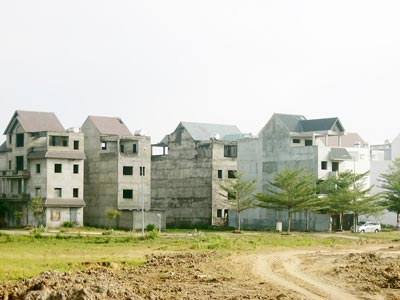Tuesday, 03/03/2026 | 13:42 GMT+7
According to Ho Chi Minh city Department of Science and Technology, only 1% of enterprises have modern technology in their production line. And 51% of them have average production technology. The rest have backward production technology. This is the reason why the energy consumption is huge and wasteful. However, most enterprises with average and backward production technology are small and medium sized producers. Their operating capital is limited, they often make use of whatever they have. These businesses do not have the affordability to renovate the equipment or production technology, and they tend to disagree with technical renovation. Moreover, nearly 250 high energy consumers are now classified as major energy users. If those enterprises perform the solutions proposed by the audit, for management and rational use of energy, they can reduce 20% of total consumed energy. Regulations on the economical and efficient use of energy have compelled the enterprises to report and set up the plan for energy savings. However, very few enterprises have reacted in compliance with those regulations.

In this concern, the representatives of the Trade Promotion Centre (JICA Japan) - the main sponsor for the establishment of Vietnam energy manager training center said, in order to reduce energy usage through innovative technology solutions, production processes, businesses were required to make relatively high initial investment. These are psychological factors that hinder the renovation. However, the enterprises should recognize that the initial investment cost will be depreciated by energy savings. Thus, the government should be consistent in imposing the regulations to shape the businesses into implementation of energy savings under the predefined roadmap. On the other hand, currently, the funding resources to improve technology are abundant to satisfy the diverse needs of the technological renovation, namely, such as Pollution Reduction Fund, Revolving Capital Fund, and Environmental Protection Fund.
The Vietnam Development Bank has also set up funds dedicated to support projects that benefit the environment with favorable interest rates. The remaining question is the consciousness of business leaders on the clean, green, environmentally friendly production. It is also to apply the measures to minimize energy use to contribute to reducing emissions of environmental pollutants. At the same time, it is to reduce the pressure of energy supply, especially in the context where fossil energy resources are increasingly depleted, gradually ensuring energy security in the future.
Trong Tan







